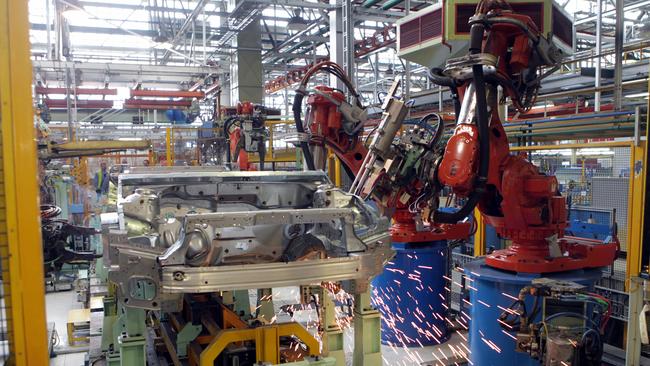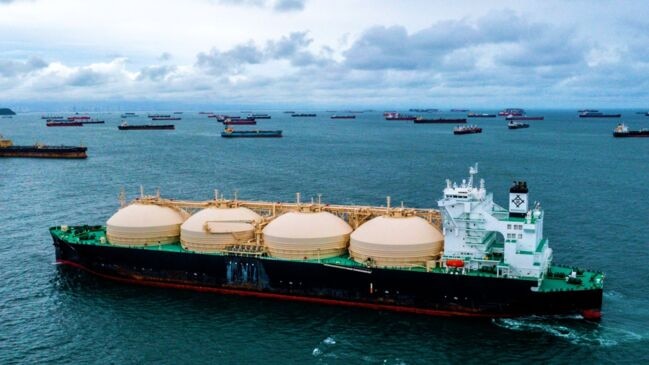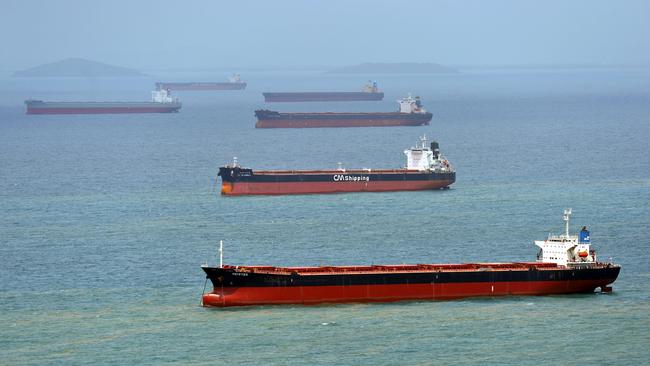Australian supply chains less prepared than global peers for new challenges: KPMG
Local supply chains are still below global standards due to highly manual and inefficient practices, KPMG says.

Australian supply chains are underfunded and poorly prepared than global peers to handle new challenges threatening to cause fresh disruption after upheaval during the pandemic.
Supply chains across the country remain focused on building resilience after Covid-19, but KPMG has found that they are lacking investment needed to handle disruptions in the future stemming from inflation, freight costs, geopolitical conflicts and a rise in ESG requirements.
Despite Australia’s domestic transportation and logistics industry having access to a highly skilled workforce and a reasonable quality of infrastructure assets, KPMG head of global supply chain Peter Liddell said local supply chains were below global standards due to highly manual and inefficient practices.
“We see there’s a lack of automation applied to key supply chain tasks, less data and analytics used to support strategies and decision-making,” he said.
“The Australian transport and logistics process is slower, less agile and not as responsive to customer needs. In addition, it is still more expensive than global competitors.”

The warning comes as KPMG’s Future of Supply Chain report finds 47 per cent of global businesses surveyed felt vulnerable to disruption with the largest impacts coming from macro factors, with rising costs for raw materials and upstream disruption the biggest causes for concern.
“There’s a big opportunity for Australian businesses to invest, bring on board some of these new capabilities and catch up with the rest of the world and be competitive when it comes to supply chain,” Mr Liddell told The Australian.
Covid-19 saw supply chains globally crack under the weight of labour shortages, shifts in demand and structural factors, but the next challenges were likely to be from decarbonisation and geopolitical.

“We’ve got ongoing geopolitical challenges that could end up rerouting a lot more ships and blowing out lead time. The amount of goods Australia brings in, that blows out the lead times the more and more of these geopolitical issues that emerge,” Mr Liddell said.
“Businesses are now facing a new set of challenges that are going to cause a lot of issues, and that’s why they need to embrace a lot of this new technology to pick up these challenges and disruptions a lot quicker and be far more responsive than they ever used to be.”
Supply chains were also at risk of disruption sparked by potential tougher environmental, social, and corporate governance regulations that have gripped Europe, which Mr Liddell said would likely cause significant upheaval locally in the next two to five years.
“Australia is well behind the rest of the world and we’re seeing Europe really driving and fast-tracking regulation and that’s having a huge impact on supply chains in terms of what they need to measure, who they need to identify and the data they need to capture,” he said.
He said that businesses should prepare now for tougher measures as it was not a task that could be completed in three months, but would require a longer lead in time of at least 18 months or more.
“It’s actually quite a long drawn-out process, so the heads-up here is to start understanding that it will come and it will be enforced in Australia and it will require you to have greater visibility of your extended supply chain,” Mr Liddell said.

“That’s one big challenge we noted in the report. A lot of companies really don’t understand, beyond their tier one suppliers, who’s in their supply chain.”
Over the longer term, KPMG expects substantial growth in businesses taking up advanced robotics and automation, expanding the range of activities these tools will perform across the supply chain. The firm also saw generative AI models as having the potential to transform businesses through automating and executing tasks with speed and efficiency.
“AI gives the ability to move quickly, more accurately identify disruption or challenges in supply chains and actually respond much quicker than ever before,” Mr Liddell said.
He added that while local supply chains were withstanding current pressures stemming from the pandemic, Australia while behind the curve was starting to have conversations around using generative AI models to accelerate the quality of data and decisions making.
“That enables a lot more agility, a lot more responsiveness, and that sort of then gives you that resilience that everyone’s been talking about Australia is behind, but yes, in the last 12 months, the conversations, the activity, investment is beginning to ramp up.”




To join the conversation, please log in. Don't have an account? Register
Join the conversation, you are commenting as Logout